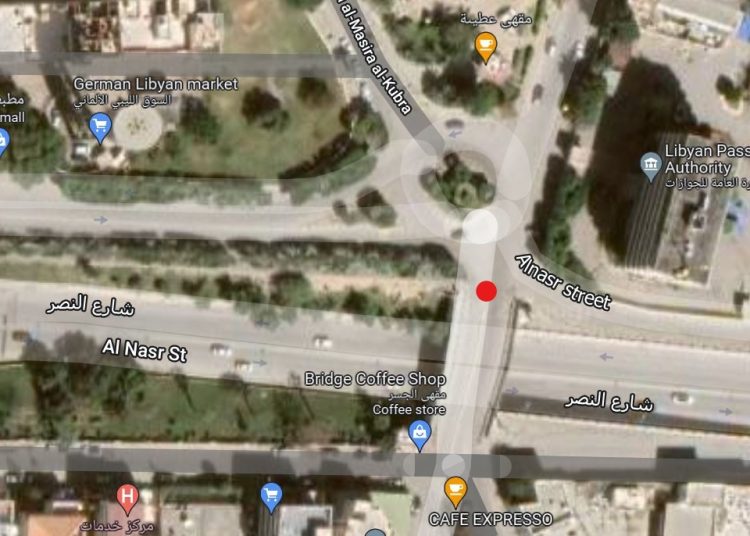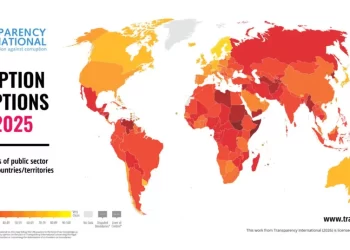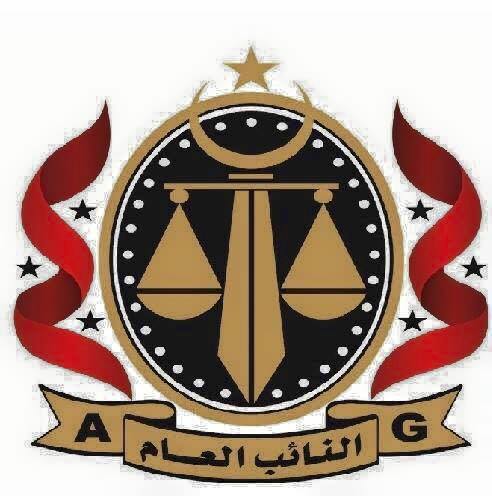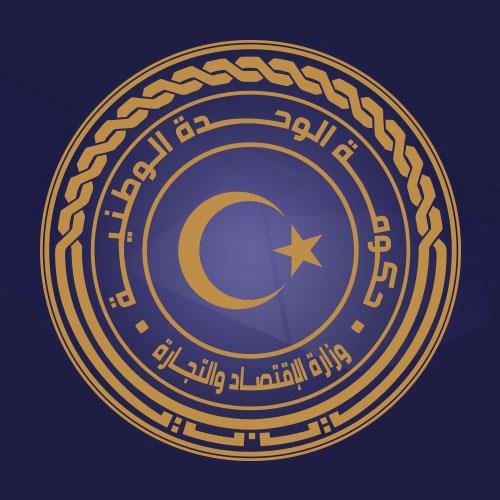Two of Tripoli’s leading state-recognized militias, Ghnewa Kikli’s Support and Stability Agency and the the Nuwasi Brigade, clashed in central Tripoli last night. It is still unclear what the cause of the clash was.
The clashes seemed to be very limited in number and confined geographically. They occurred between 10 and 11 pm near the Passports office in the Sreem street area. There have been no reports of injuries or fatalities to either militiamen or civilians. Social media photographs circulating around the time of the clashes showed a huge plume of smoke.
Libya Herald attempted to enter the area between 11pm and midnight but were prevented by a wide circular security cordon thrown by the Support and Stability units. It stretched in the direction of Sreem Street from Sug Il Thlat to Omar Mukhtar Street and the relevant part of Al-Naser Street.
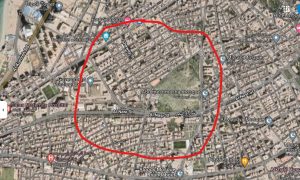
Visiting the clash site this morning, there seemed to be no apparent collateral damage. There were, however, several charred patches of tarmac near the Sreem Street flyover and near the Al-Naser Street entrance. At these spots, security vehicles are usually stationed to guard the Passports officer. The scorched patches of tarmac could indicate the reported burning militia vehicles. In any case, any damaged or destroyed vehicles had been long removed.
Ghnewa’s Support and Stability militia quickly put out a statement saying the incident was “nothing more than a simple dispute between brothers.’’ It added that it was ‘‘controlled and resolved with the intervention of the wise.”
It accused the media of “amplification and intimidation” of the incident, and called on it to ‘‘refrain from sowing seeds of discord between brothers.’’
The Bashagha v Aldabaiba angle?
There was speculation last night that the clashes were part of the wider Aldabaiba-Bashagha battle for power. This speculation is unsupported by any concrete evidence. The incident seems to be purely an intra-militia clash. It was too small and isolated to have any wider political ramifications.
Analysis
Silence of the Aldabaiba government is deafening
Notably, while Ghnewa’s Support and Stability militia quickly put out a statement, the Aldabaiba incumbent Caretaker government was nowhere to be heard. They were silent over clashes by militias they recognize but have absolutely no control over. They were simply bystanders like most civilian citizens, simply watching and waiting for the outcome.
Still no monopoly on the use of force by the state
The clashes prove yet again that the Libyan state is still far away from having any monopoly on the legitimate use of force. The state has to rely on several militias for its support and existence. These militias are autonomous from the state where the state’s interests do not align with theirs. They are commanded by particular individuals and the state is unable to change those commanders as it sees fit – unlike with its ability to change Prime Ministers and other ministers.
Just another clash by hot-headed youth – or a deeper malaise?
The Support and Stability Agency of Ghnewa attempted to whitewash the clashes as ‘‘just another clash between friends.’’ But the reality is that it reflects the continuing ‘‘militia problem’’ Libya has been suffering since the 2011 revolution.
Militias are holding Libya back. It cannot move forward unless and until independent observers believe that the country’s civilian government of the day controls the militias. In Libya, governments exist at the behest of militias.
No flights, embassies, visas, IOC’s and international business
The militias do not understand the deep and long-term ramifications of their actions. Every time they clash, they send a very loud internal and external message that Libya is still an uncontrollable chaos.
They send a message to the EU that it is still not time to lift the flight ban. They send a message to most embassies that it is still unsafe to make a full return to Tripoli and reopen and start issuing visas.
They also send a loud message to most international oil companies and international business that it is still too early to visit or invest in Libya. They prevent many urgently needed foreign experts and technicians from visiting Libya to carryout urgent workover and maintenance.
Why? Because no Libyan government has had full control of security in the country since the 2011 revolution that overthrew the Qaddafi regime.
International community need to take SSR and DDR seriously?
The clashes also reconfirm that unless Libya, UNSMIL and the international community take Security Sector Reform (SSR) and Disarmament, Demobilization and Reintegration (DDR) seriously – it is going to be a long time until Libyan becomes ‘‘normal’’.
